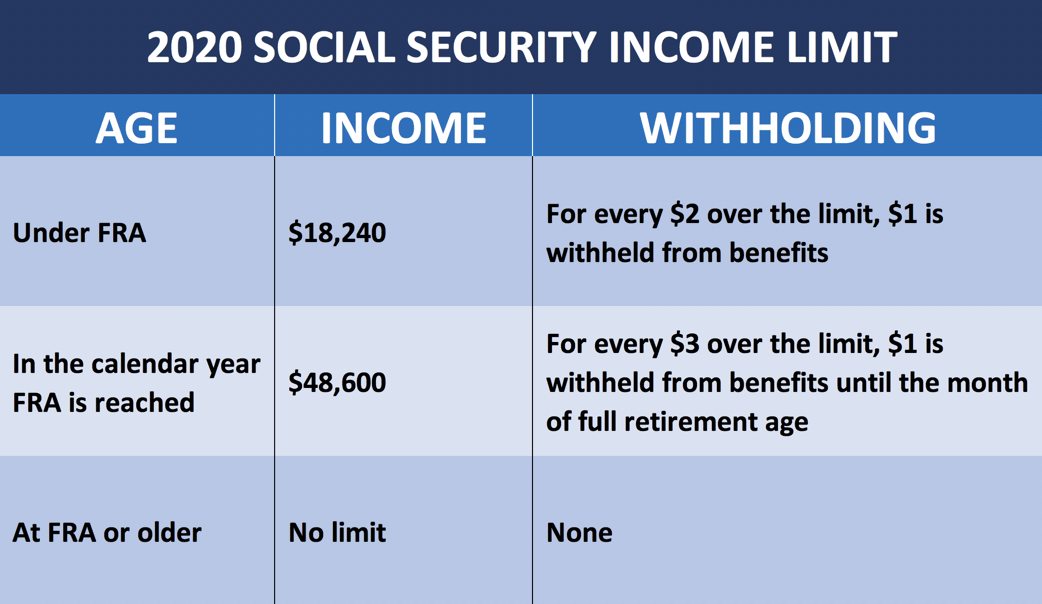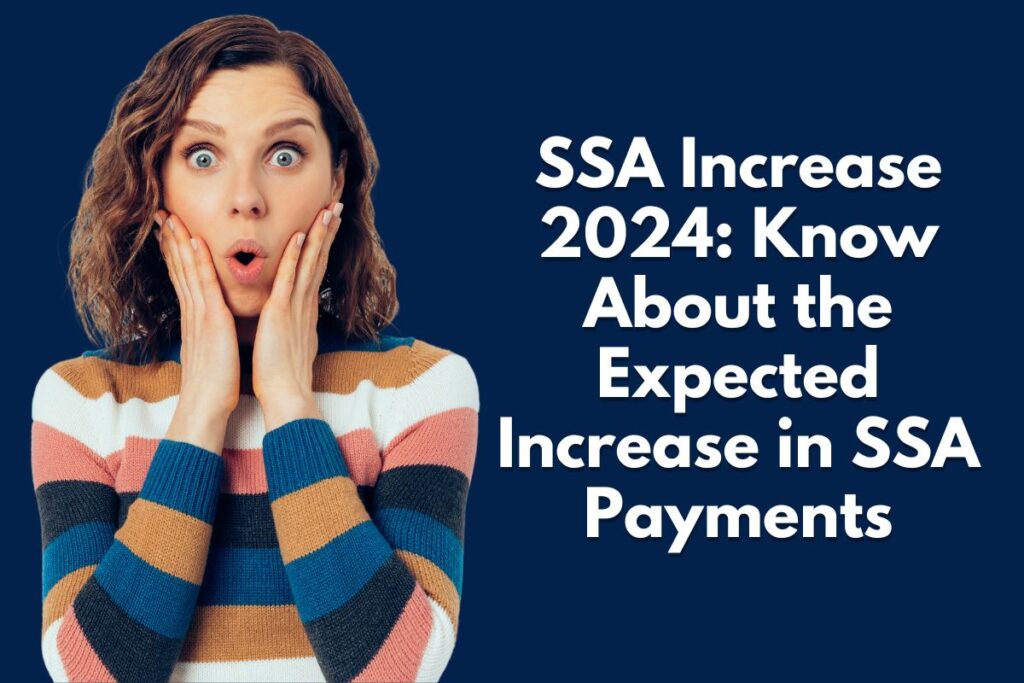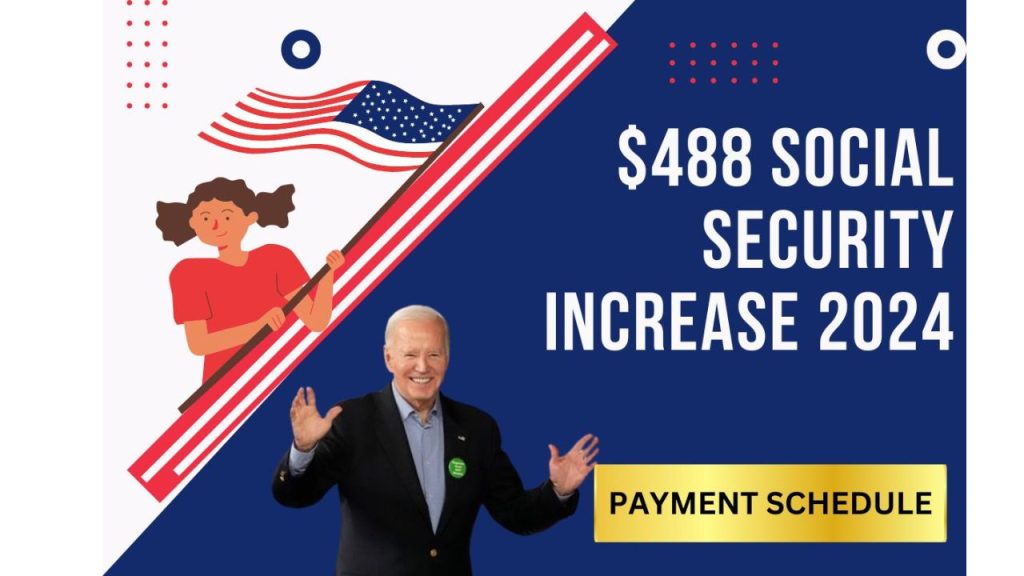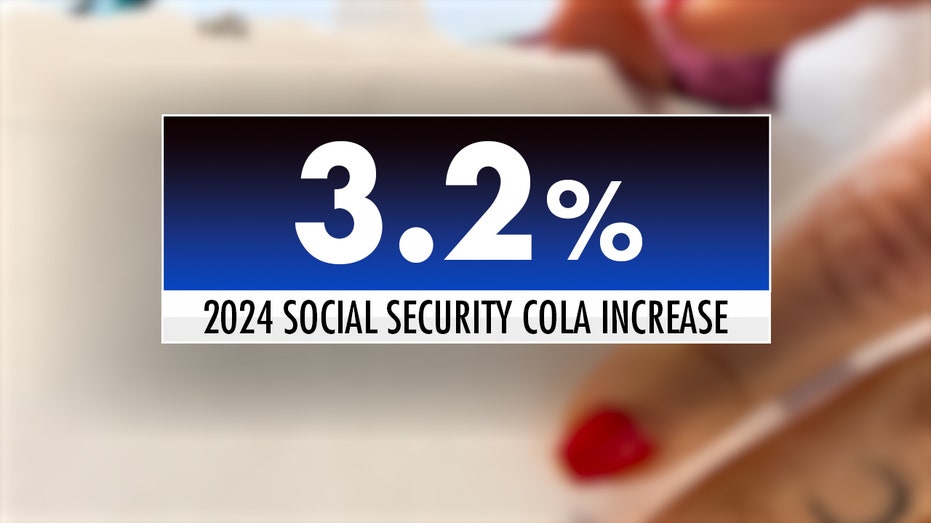
The Social Security Fairness Act has been a topic of discussion for many years, aiming to rectify the injustices faced by certain groups of Social Security beneficiaries. The Act seeks to eliminate the Windfall Elimination Provision (WEP) and the Government Pension Offset (GPO), which have resulted in reduced Social Security payments for many individuals. But who exactly qualifies for larger payments under this Act? In this article, we will delve into the details of the Social Security Fairness Act and explore who stands to benefit from its provisions.
Understanding the Windfall Elimination Provision (WEP)
The WEP is a provision that reduces Social Security benefits for individuals who have worked in jobs that did not pay into Social Security, but also received a pension from that job. This provision was designed to prevent individuals from receiving a "windfall" of benefits from both Social Security and a pension. However, the WEP has been criticized for unfairly penalizing certain groups of workers, including teachers, firefighters, and police officers.
The Government Pension Offset (GPO)
The GPO is another provision that affects Social Security benefits. It reduces the spousal benefits of individuals who receive a pension from a job that did not pay into Social Security. This provision can result in significant reductions in Social Security payments, leaving many individuals with limited income in retirement.
Who Qualifies for Larger Payments Under the Social Security Fairness Act?
The Social Security Fairness Act aims to eliminate both the WEP and GPO, resulting in larger payments for certain groups of beneficiaries. The following individuals may qualify for larger payments under this Act:
Teachers and educators: Many teachers have worked in jobs that did not pay into Social Security, but also received a pension. The WEP has resulted in reduced Social Security benefits for these individuals.
Firefighters and police officers: Like teachers, many firefighters and police officers have worked in jobs that did not pay into Social Security, but also received a pension. The WEP has unfairly penalized these individuals, resulting in reduced Social Security benefits.
Government employees: Government employees who have worked in jobs that did not pay into Social Security, but also received a pension, may qualify for larger payments under the Social Security Fairness Act.
Spouses of pension recipients: The GPO has resulted in reduced spousal benefits for individuals who receive a pension from a job that did not pay into Social Security. The Social Security Fairness Act may result in larger payments for these individuals.
The Social Security Fairness Act has the potential to make a significant difference in the lives of many Social Security beneficiaries. By eliminating the WEP and GPO, the Act can result in larger payments for certain groups of individuals, including teachers, firefighters, police officers, government employees, and spouses of pension recipients. If you believe you may qualify for larger payments under this Act, it is essential to stay informed about its progress and potential implementation. With the Social Security Fairness Act, we can work towards a fairer and more equitable Social Security system for all.
Note: This article is for informational purposes only and is not intended to provide legal or financial advice. If you have specific questions about the Social Security Fairness Act or your individual situation, it is recommended that you consult with a qualified professional.









